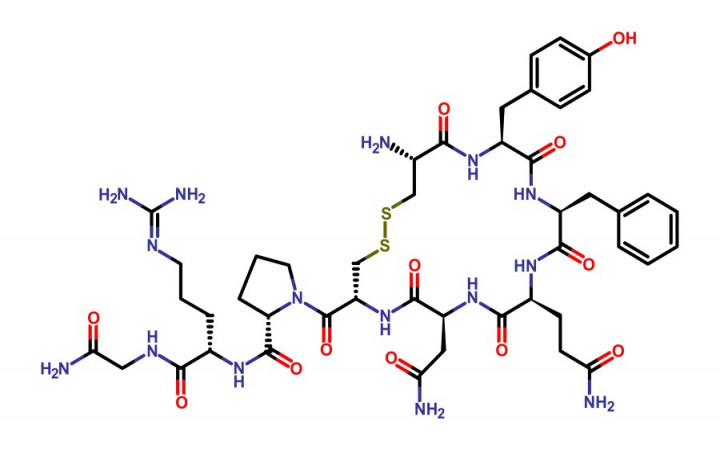It can be tough being a kid. For the longest time, everything seems to be just out of reach. The best rides at the amusement park? You need to be just a little taller. That really cool bike you saw at the store? It's just a bit too big for you.
Adults keep telling you that you'll grow soon, but it can be difficult to be patient while you're waiting to get bigger. What's taking so long? Like all kids, you simply have to wait for your body to grow at its own rate.
Human growth is controlled by a specific chemical in your body called human growth hormone (HGH). HGH is one of many hormones in your body that control all sorts of important functions. Once you've grown quite a bit, you'll get acquainted with many other hormones down the road when you get to puberty!
So what exactly are hormones? They're special chemicals that carry messages within your body to cells within your tissues and organs. They help to regulate various bodily functions, as well as to maintain chemical levels in your bloodstream to keep your body in a balanced, stable state known as homeostasis.
The word hormone comes from a Greek word that means “to spur on." That's exactly what hormones do within your body. They act as catalysts to spur on chemical changes within your cells that supply energy and aid in development.
There are two main types of hormones: steroids and peptides. Steroids are made from cholesterol, and they help to determine your physical development. Cortisol is an example of a steroid hormone that breaks down damaged tissue, so it can be replaced by your body.
Peptides, on the other hand, are made from amino acids, and they regulate bodily functions, such as sleep and blood sugar levels. For example, HGH is a peptide that controls growth and builds muscle. Another peptide, insulin, helps your body convert sugar into energy within your cells.
Hormones are made by your body's glands, which are part of your endocrine system. Your glands secrete hormones directly into your bloodstream, where they search for their intended destination, known as a target cell. Target cells have special receptors that can only be activated by specific hormones. When hormones meet their target cells, they enter the cell and spur on certain functions.




